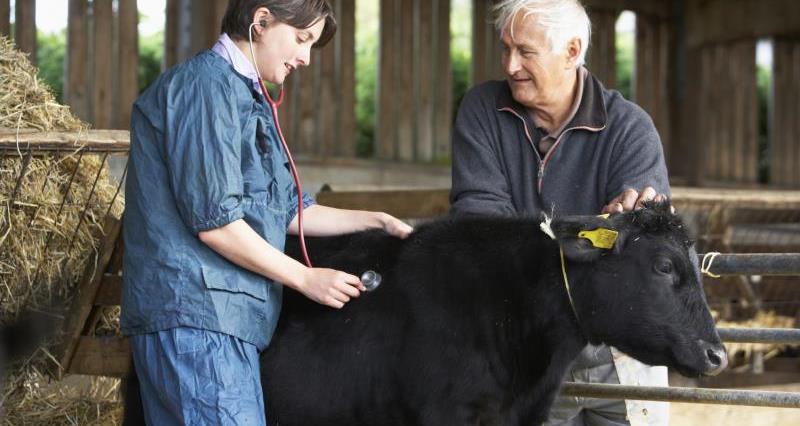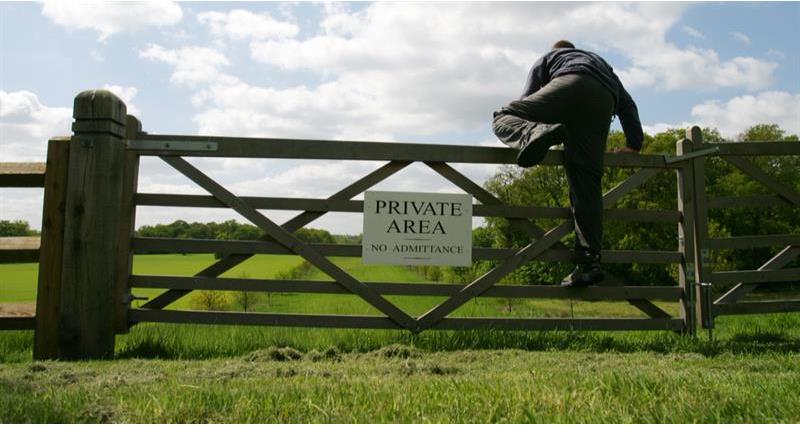In some cases, these opinions, which sometimes contain malice, can be detrimental to a person’s or business’ reputation. There are an increasing number of groups keen to voice their beliefs and, in some cases, target others who have different views and perspectives.
Farming is often targeted by people with strong views against certain farming methods. Content is sometimes shared about those who produce meat, those who eat it, certain farming practices, such as the use of pesticides, and the impact of farming on the environment. The effects of some of these targeted statements can cause, or could be likely to cause, serious harm to a person’s or a business’ reputation, which could constitute defamation.
What is defamation?
While there is no statutory definition for defamation, in order to succeed in a defamation claim, a publication must:
- be made against an identifiable person or entity;
- have caused or would be likely to cause serious harm to that person or entity’s reputation; and
- not be covered by any legal defence, where the defamatory statement is proven to be true or based on an honest belief in its truth.
A defamatory statement must have been communicated to a third party (those other than the publisher and the target). The words in question must be read and understood by that third party.
Whether a publication is likely to cause ‘serious harm’ is one that will need to be assessed on a case-by-case basis and will need to take into consideration a combination of factors, including:
- the meaning of the words used;
- the circumstances of the publication (e.g. the level of exposure); and
- the actual impact of the words on the person or entity’s reputation.
It is for the claimant to prove that the statement or publication made is defamatory.
Types of defamation
Defamation covers both spoken and written statements.
A defamatory statement published in written form is known as libel, whereas, a statement that is spoken, or in other temporary form, is known as slander.
The difficulty with slander cases is proving that the words were spoken.
What should I do if a defamatory statement has been made about me or my business?
The law in relation to defamation is complex; if you think a defamatory statement has been made about you or your business, then you should seek your own independent legal advice. You can contact NFU CallFirst on 0370 845 8458 and our advisers can provide preliminary advice and refer you to one of the NFU’s Legal Panel firms.
Bringing a defamation claim
Some key questions to consider before bringing a claim for defamation are:
- Has there been a publication?
- Has the publication caused, or is it likely to cause, damage to the claimant’s reputation?
- Who is responsible?
- Who should the claim be brought against?
- Has the time limit to bring a claim expired?
- Are there any plausible defences that can be readily identified i.e. is the publication true or believed to be true?
- Which remedy is sought?
It is also important to consider the prospects of success, costs and other potential consequences, balanced against the merits of bringing a claim.
What are the time limits for bringing a claim for defamation?
A claim for defamation should be brought within one year of the date that the defamatory statement was first published. There are some exceptions to this rule, and independent legal advice should be sought well in advance of the one-year deadline to avoid being out of time.
Who can be sued?
In order to bring a claim for defamation, you need to establish the person(s) that are responsible for the publication. A claim can be brought against any party involved, including the author, editor or publisher of the statement complained of. The Court does not have jurisdiction to determine an action brought against a person who was not the author, editor or publisher unless the Court is satisfied that it is not reasonably practicable for a claim to be brought against the author, editor or publisher.
Clearly, it can be difficult to determine the identification of a person making statements online if they do not use their real name.
Are there any defences?
The Defamation Act 2013 sets out a number of defences to claims of defamation, including (but not limited to):
- The statement published is factually true in nature;
- The publication was the honest opinion of the publisher based upon the facts available at the time;
- The topic of the statement was a matter of public interest and the publisher reasonably believed this to be the case.
It will be for the party that made the defamatory statement to prove that the statement made was true, based on honest opinion or a matter of public interest at that time.
What are the potential remedies?
The primary remedy is to obtain vindication for damaged reputation in the form of a public apology and/or retraction. In addition, remedies in the form of damages (money) and, in certain circumstances, an injunction to prevent the continued publication of the statement, may be awarded.
See our other activism pages







